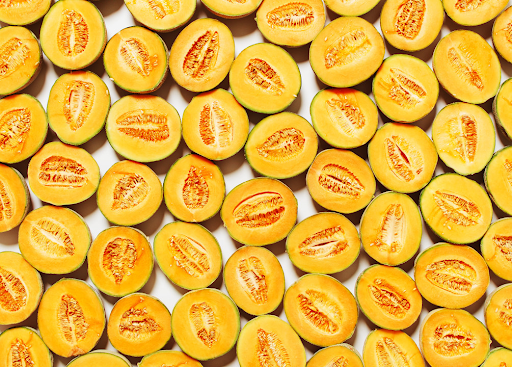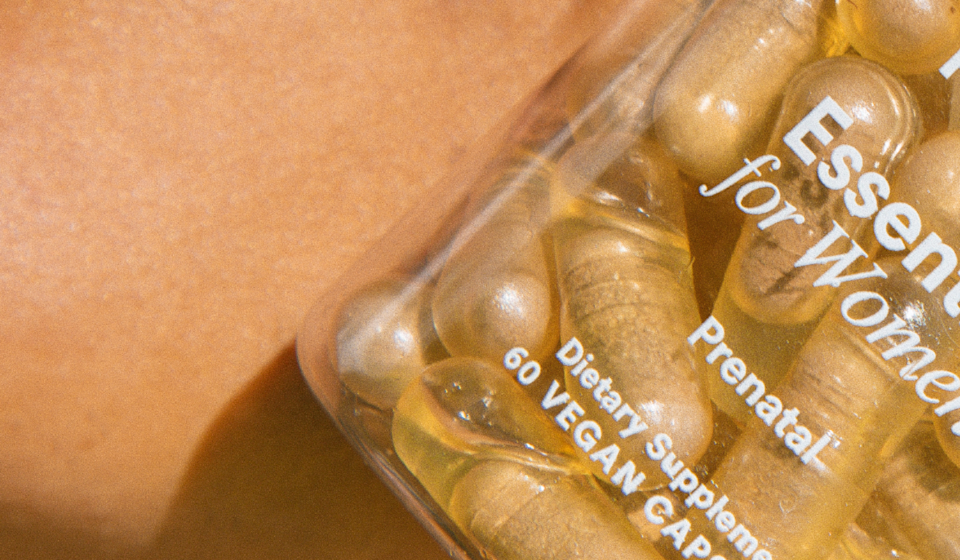Essential Takeaways
• Eating a balanced diet is a good idea all the time, but pregnancy is a good time to double down on those healthy habits.*
• While a "food first" approach is definitely the way to go, doctors and scientists recommend taking a quality prenatal multivitamin to help fill nutrient gaps.*
• For the safety of you and your baby, it's best to avoid certain foods and substances (like alcohol, unpasteurized dairy, and raw fish).*
Even when you’re just thinking about pregnancy, it can be an incredibly overwhelming time. There’s a lot to consider—and that includes the tweaks we might want to make to our current lifestyle, like our diet.
But let’s clear one thing up right off the bat: While nutrition certainly plays a role in creating a great environment for a baby, it’s not really that different from treating our body with care during any other stage in our lives. In other words, we should all strive to eat healthfully most of the time, but pregnancy might be a good time to double-down on those habits. That’s according to a 2018 review published by researchers at Harvard Medical School and the Harvard T.H. School of Public Health. The big takeaway: It’s wise just to aim for a balanced diet overall, along with a high quality prenatal multivitamin to help fill nutrient gaps. But there are still a few key points to consider. Take a closer look with us below.*
There Are Certain Nutrients to Increase During Pregnancy
That includes a lot of the nutrients you’ll find in a quality prenatal multivitamin: things like folate, omega-3, choline, iron, iodine, vitamin D, and biotin. Ideally, a healthy diet already includes these nutrients. The researchers for that Harvard review specifically call out the Mediterranean diet, which includes a balance of healthy fats, fresh vegetables, and fish.*
Our diet should be the primary source of vitamins and nutrients to support pregnancy. But doctors and scientists also recommend taking a quality prenatal to help fill nutrient gaps, because we can’t always ensure that our body is absorbing nutrients as well as it could through diet alone.*













